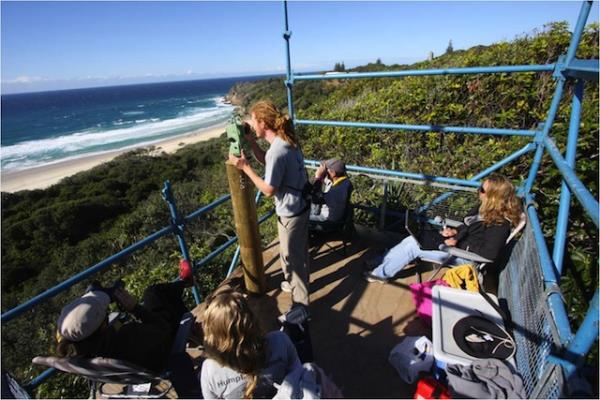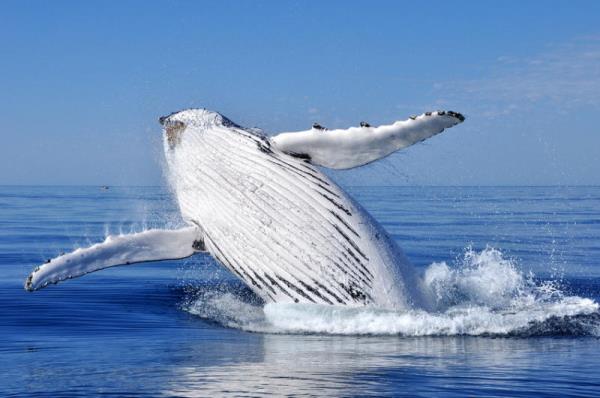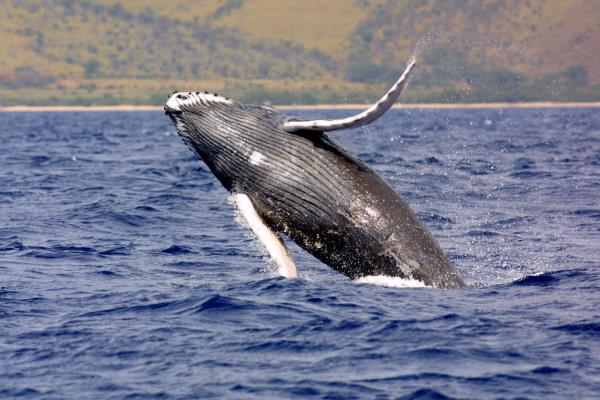By JONATHON HOWARD
A GROUND-BREAKING new marine study to determine whether manmade sounds in the ocean are impacting humpback whales was launched at Peregian Beach this week.
The study is known as the Humpback Acoustic Research Collaboration and will take five weeks to determine how humpback whale behaviour is affected by noise from ‘seismic airguns’.
Seismic airguns are used by oil and gas exploration companies to locate potential shoals on the sea floor. The exploration ships use large compressed airguns that when fired into the ocean rebound sonar signals to the ship’s navigational equipment and in turn map the sea floor.
The project is funded under a joint initiative by a private oil and gas exploration company, as well as funding from the USA.
Although previous studies have been undertaken, this study will be the first of its kind to include a full-sized seismic airgun vessel, research ship with eight observers plus crew and eighty five more researchers and trained observers on shore.
Associate Professor Michael Noad, scientist in charge of the research from the Cetacean Ecology and Acoustics Laboratory, School of Veterinary Science at UQ, said there would be stringent mitigation measures to ensure that whales are not harmed in any way.
Professor Noad said the east coast humpback whale population has bounced back following decades of hunting practices.
“There was a time in the 1960s when humpback whale numbers dropped to about 100-200 total,” he said.
“That figure has since climbed back up to around 21,000 and growing, which is an incredible turnaround.”
Professor Noad said the team was determined to get the research right.
“At any time, we have more than thirty-five pairs of eyes watching the whales and their behaviours from seven different platforms,” he said.
“If they get too close to the ship with the air guns or if there is any sign of whales being distressed, the trial is shut down. We want to get a much better idea of how whales respond to these sounds, not just from a hearing perspective but from a behavioural perspective as well.”
The research is of interest to the seismic industry, which uses loud seismic sounds during oil and gas exploration, and also to governments and regulatory bodies.
Professor Noad said to date there has been no hard data available that provides any degree of certainty about the effects of various levels of seismic sounds upon whales.
“This research, when concluded should be able to provide that data,” he said.
Professor Noad said the current clearance range for airgun usage was two kilometres in Australia, however the research taking place off the coastline of Peregian Springs could widen that buffer.
He said the oil and gas company respresentatives were invited to watch the research taking place, although they are in no way associated with the scientists.
“It’s important to note that scientists on this research do not have an agenda,” Professor Noad said.










